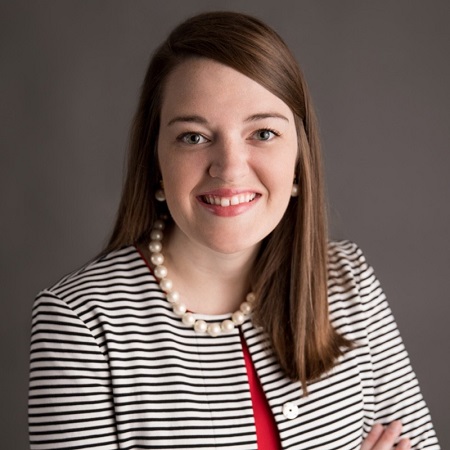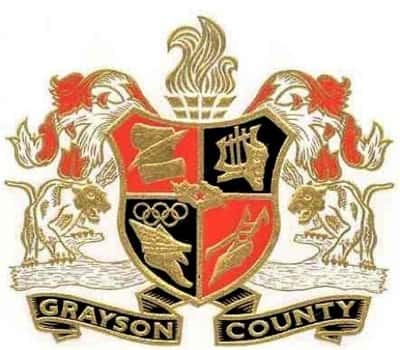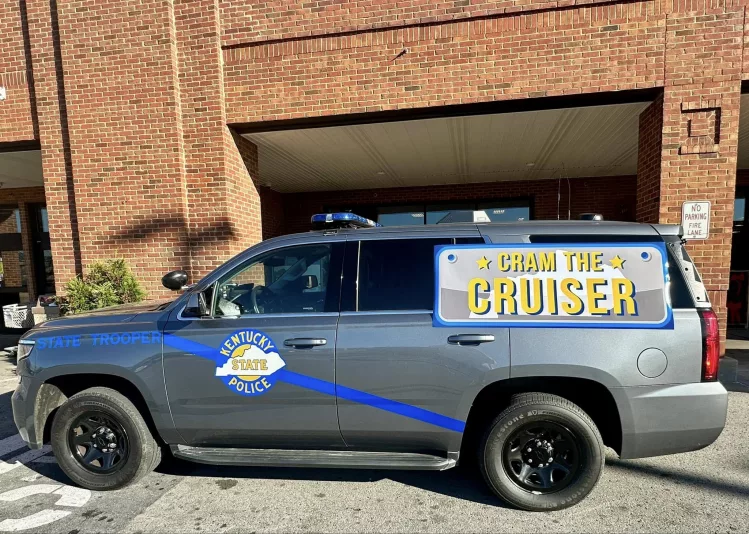
Throughout November, most interim committees will be concluding and preparing reports and recommendations for the 2026 Regular Session.
Last week several committees held what would be their last substantive meeting of the interim and focused on topics and proposed legislation relevant to the upcoming session. Summaries of these meetings are below, however, you can also watch the full meetings on the legislature’s YouTube channel, @KYLRCCommitteeMeetings.
Medicaid Oversight and Advisory Board: Members received an update from the Cabinet for Health and Family Services on the Rural Health Transformation Program, established following the passage of HR 1, referred to as the One Big Beautiful Bill Act. Kentucky’s application has been submitted to the Centers for Medicare and Medicaid Services with proposed areas of focus in oral health, trauma system and EMS, chronic disease management and prevention, behavioral health, and maternal health. Members then heard from the Kentucky Association of Health Plans about Kentucky’s Medicaid managed care delivery model, a system where Kentucky contracts with private health insurance companies to provide health services to Medicaid enrollees.
Information Technology Oversight: Lawmakers heard from the Zayo Group, a network service provider, about interest among K-12 students in the Kentucky Communications Network Authority (KCNA) and Open Fiber litigation. The committee submitted a report recommending the legislature deauthorize unissued bond funds appropriated to the KCNA in the 2024 Regular Session and advised against future network appropriations. The committee recommended supporting the Kentucky Infrastructure Authority (KIA) for water asset management in smaller communities and appropriating $2.55 million in the 2026–2028 biennium to maintain the Water Resource Information System and fund multi-district water projects.
Government contracts: Members heard from Kentucky agencies and organizations regarding funding requests and contracts. The committee heard testimony on contracts that will expand solar photovoltaic training, increase solar installation capacity, and support disaster recovery housing with rooftop solar and battery storage to improve energy resilience. Members also heard information on contracts funding engineering services for highway safety projects and exhibits for the Kentucky Historical Society. Members inquired about contract cost increases, federal funding availability, and justification for large funding requests, including audit expansions, legal service renewals, and university research initiatives on maternal health and dental public health.
Administrative regulations: Legislators discussed several proposed administrative regulations related to various professional boards, including those that oversee landscape architects, engineers, land surveyors, and physicians. One proposed regulation that garnered discussion concerned professional standards for prescribing, dispensing, or administering Buprenorphine-Mono-Product or Buprenorphine-combined-with-Naloxone. Another proposed regulation that generated discussion involved adding 7-OH to the schedule of controlled substances. 7-OH stands for 7-Hydroxymitragynine, a strong chemical found in very small amounts in the kratom plant. However, 7-OH products sold as gummies, candies, powders and drinks have much higher amounts of 7-OH than natural kratom. The product is an estimated 13 times stronger than morphine at affecting the body’s opioid receptors and can cause addiction, poisoning and even death.
Commission on Race and Access to Opportunity: Lawmakers heard recommendations for the legislature that included on supporting low-income businesses and entrepreneurs and renewing investment in new market tax credit programs to help banks deploy capital to housing projects. Members heard from the African American Forum on the importance of art and community to economic development and supporting education across the commonwealth. The committee also heard potential legislation on juvenile justice that would support individualized and community-based early intervention services.
Veterans, Military Affairs, and Public Protection: Legislators discussed updates from the Kentucky National Guard and Fort Knox and Fort Campbell garrisons. The Kentucky National Guard highlighted distinguished combat award recipients and emphasized its expanding cybersecurity mission through the unique CyberBluegrass exercise, aimed at protecting all 120 counties from rising ransomware attacks. The Guard, with the state’s largest cyber-trained workforce, provides free, discreet assessments and plans statewide coverage next year. Fort Knox and Fort Campbell reported strong community support efforts, major economic impact, disaster response, and ongoing challenges, including federal workforce strain during the shutdown, infrastructure needs, and housing shortages.
Families and Children: Members heard from a variety of stakeholders focused on supporting the commonwealth’s children. The first presentation focused on accidental ingestion of illegal drug products by children. The Child Fatality and Near Fatality External Review Panel discussed the issues guided by pediatric physicians. The second presentation focused on residential autism services in Kentucky. The panel discussed methods to attract residential treatment facilities to the state and making treatment assessable to Kentucky families. Finally, the committee discussed the Kids Count Data Report from the Kentucky Youth Advocates.
Health Services: Members discussed potential legislation on non-opioid analgesics and proposed legislation that would expand the abilities of physician assistants in response to further evidence of their overall competencies. An act aimed at protecting vulnerable Kentuckians from extortion and commodification was also presented to the committee. Members heard from the Rural Health Cancer Innovation Coalition on their goals to keep patients in rural hospitals and advanced treatment access. Appalachian Regional Healthcare presented on aligning Kentucky’s Level IV Trauma Coordination to discuss the importance of trauma designations and elevating Kentucky’s standards. Members also heard information on overdose prevention strategies.
Artificial intelligence: Members heard how AI data analysis can help prevent the dangerous spread of contraband cell phones in Kentucky correctional facilities. The committee also discussed and approved recommendations for legislation that emphasizes the importance of strengthening consumer protections and advancing comprehensive legislative policies related to data centers. These recommendations underscore the need for responsible growth that safeguards both the communities and the surrounding environment. The committee recommended that the legislature continue working to limit the potential harm to minors and the impact AI can have on professional standards in careers across the commonwealth.
Legislative Oversight and Investigations: Members had a robust discussion on the Statewide Emergency Responder Voice System (SERVS), a system designed to replace Kentucky’s old radio network that will allow for the reliable communication of first responders across the state. Members first received a staff report on SERVS, which detailed the project and project funding. The report also included several recommendations to improve project efficiency and accountability going forward. Then, the Finance and Administration Cabinet and Kentucky State Police responded to the staff report and the accompanying recommendations. Both citied land acquisition as a barrier to project completion.
State government: Members first discussed proposed legislation, which would clarify existing statute and establish civil and criminal penalties for the use of local state, and federal tax dollars and resources to advocate for or against any public question that appears on the ballot. Members then received presentations from Election Systems & Software and Hart InterCivic and Harp Enterprises about voting systems. Both presentations detailed voting systems used in Kentucky and security measures taken by each company to protect voting systems from bad actors.
As always, I can be reached anytime through the toll-free message line in Frankfort at 1-800-372-7181. You can also contact me via email at Samara.Heavrin@kylegislature.gov and keep track through the Kentucky legislature’s website at legislature.ky.gov.
By Rep. Samara Heavrin, R-Leitchfield








